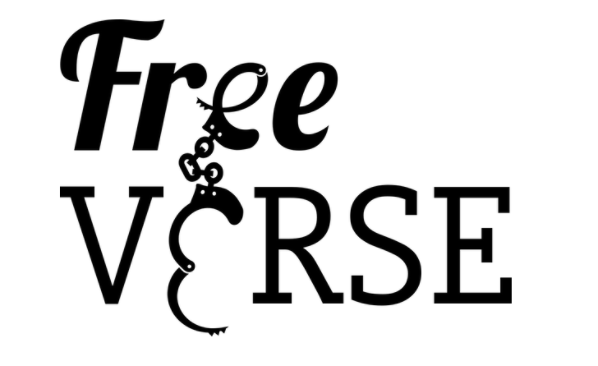Free Verse has been collaborating with a class at the University of Montana along with the Humanities Action Lab since August. Together, the goal is to create a project by the end of the semester that will raise awareness about Mass Incarceration.
The resulting work will be shared alongside panels created by other universities in a traveling exhibit created by over 500 people from 17 states. The show starts in New York City and will move to at least 19 other cities across the U.S., and also has its own website.
More specifically, Free Verse and the class at UM being offered through the humanities department, called States of Incarceration, will work to address the incarceration of children.
One of the ways in which the programs will work together is through looking at Free Verse students’ poetry to better understand not only the struggle of incarcerated children but also the systems that subjugate them.
Students at UM are working with their professor, Katie Kane, as well as the past and present directors of Free Verse, Sarah Kahn and Claire Compton, to craft lesson plans that teachers can use in the classroom. The lesson plans, as well as the project created by the students of SoI, are centered on the question: “how do incarcerated children fit into the myth of the west?”
The question is a launching point for exploring how incarcerated children view Montana as a place either congruent with or separate from that of the grizzly bear, fur-trapping country depicted on gas station poster cards, and consequently how they fit into that place.
The lesson plans aren’t curated with any particular response in mind, but as a means with which the students can explore their creativity and provide insight into experiences unique unto themselves.
One goal of the collaboration is to help publish student works in the CutBank literary journal. Publication not only helps one to take pride in one’s work, but it also gives one the chance to be heard, and these students have a lot to say.
As T.S. Eliot said, “genuine poetry can communicate before it is understood.” What we need now is a means of communication, because, as the nation’s 75% recidivism rate shows, we are clearly failing to understand.
Montana has a higher incarceration rate per capita than the United States as a whole and disproportionately ensnares minorities in a state that is almost 90% white.
The most overrepresented people in the Montana prison system are indigenous. While Native Americans represent only 6% of the state’s population, they comprise nearly quadruple that amount in our jails and prison systems.
Books such as “Inventing the Savage,” written by PhD sociologist Luana Ross, help to illuminate some connections between the high rates of incarceration and the genocidal rhetoric of colonization fueled by Manifest Destiny.
The image cast of the indigenous person as a wild savage remains pervasive to this day. Before perpetrating any crime, they are worthy of suspicion in the eyes of some.
By showing the systemic and systematic ways in which incarceration has been and will always be for the benefit of the few, Free Verse and SoI seek to join the global voice of dissenters who believe that the American justice system must be completely reimagined.
In place of a system meant to subjugate, punish, and ensnare, these organizations call for a means to heal, restore, and ultimately liberate those currently labeled criminals and deviants.

